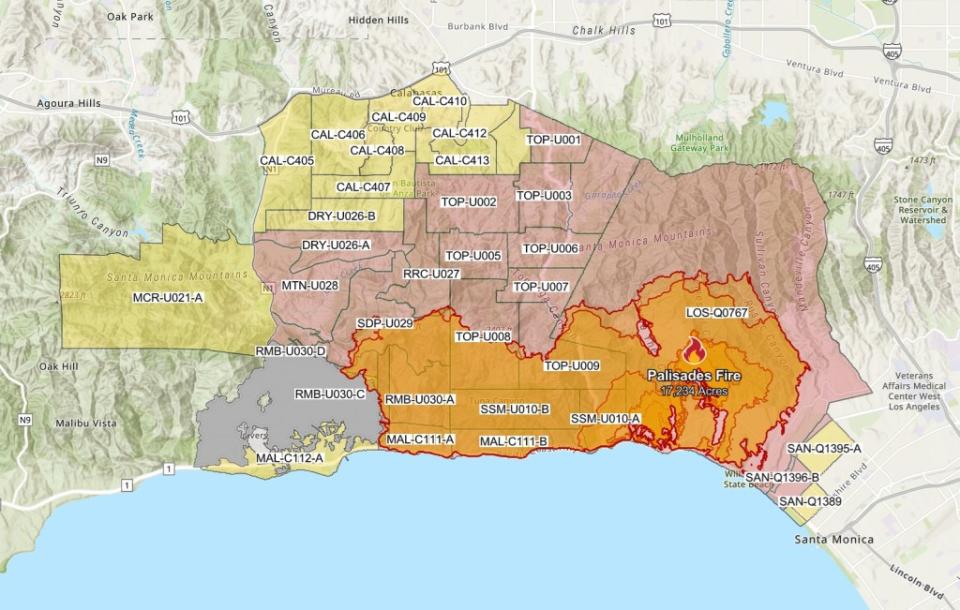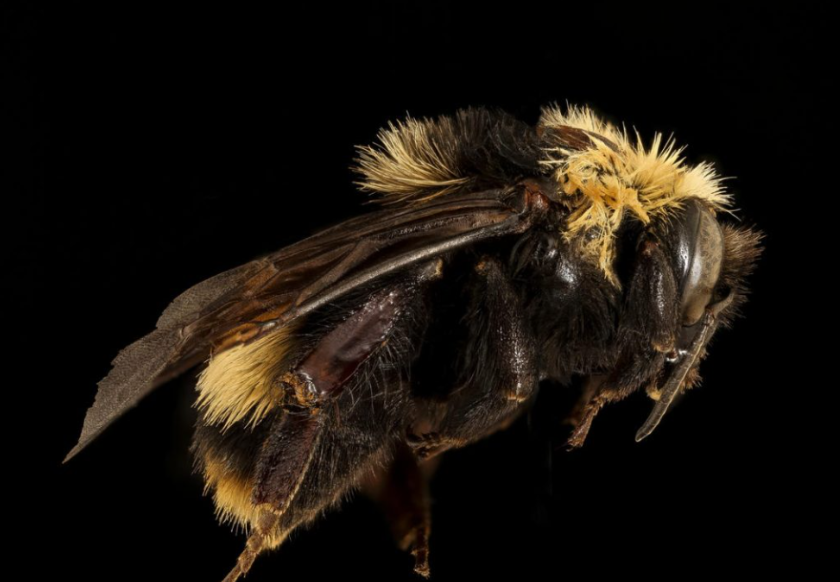About 100 bees from each hive are dying each day. According to a 2022 statistic, there are about 101 million beehives worldwide, so it’s safe to assume that the majority of the bees are dying each day. It’s not just bees that are dying though, beetles, butterflies, wasps, and more have become endangered as a result of human activities. Pollinators are a key part of our ecosystem, and they help run most of the food industry. If human activities continue, pollinators are going to be extinct, as a result many ecosystems would be destroyed.
There are many ways humans affect pollinators. One big factor is the destruction of habitats. Many pollinators have adapted to their specific habitat, or environment. When humans destroy a habitat with the intention to build stuff like houses and buildings a lot of plant and animal life is being destroyed. The pollinators rely on many plants, and since some plants are being destroyed, the pollinators lose a major food source. Some pollinators may be binded to a specific plant in a symbiotic relationship, or symbiosis. Symbiosis is any interaction between two organisms that lasts a long time. For example, the yucca moth is an insect that displays symbiosis. The yucca moth feeds off of the pollen of a yucca plant’s flowers, where it will then lay its eggs. The moth then proceeds to pollinate the flower, while also eating the seeds. Many different pollinators and plants share symbiotic relationships, so the further diminishing numbers of pollinators and plants will start to affect ecosystems.
Pollinators also play a big part in the food industry. About 35% of the world’s crops rely on pollinators. The crops that rely on pollinators the most in the western areas of the United States are, apricots, peaches, pears, tomatoes, apples, grapes, and cherries. A student at Rio Norte, Miles Archie, agreed that the further diminishing numbers of pollinators would affect the food industry. Since so many pollinators are disappearing, the California Supreme Court made the decision that bees are classified as fish under the California Endangerment Species Act, or the CESA. The CESA protects bees due to this Supreme Court decision. The CESA protects any species that are affected by it, which include bees and other pollinators. The bumble bees that are listed as endangered under the CESA are the western bumblebee, Franklin’s bumble bee, Crotch’s bumble bee, and the Suckley cuckoo bumble bee. The CESA is also protecting plants the same way it is protecting bees, by prohibiting exportation, killing, and unapproved marketing of the plant.
Pollinators are a key part of ecosystems around the world as they help the biodiversity of the ecosystem, and the plant reproduction taking place there. Biodiversity is the range of different species of plants and animals in a particular area. Bees affect plant production by spreading seeds and pollinating plants. Without bees there would be fewer seeds, and lower reproductive success in the plants affected by the shortage of bees. While pollinators may die due to natural causes, the accelerated loss of pollinators is not just affected by habitat loss, but also pesticides and the climate. The pesticides are applied to plants to help keep away harmful insects, but they also hurt beneficial insects. When the pollinators go to pollinate the plant with pesticides, they get poisoned by the plant as a result of the pesticide. Most pesticides act on the nervous system of the insect, causing eventual death. Even with pesticides bee populations are further injured due to climate change. Climate change destroys bee’s habitats, and their food sources, by affecting the bee’s sense of smell. This negatively affects bees since they use their sense of smell to locate plants.
Even with all the negative effects caused by humans onto the bee population it’s crucial to remember there are still ways we help them. We could reduce the use of pesticides, and develop alternative options to pesticides. The CESA is working diligently to help both endangered plants and animals. Since the CESA is working hard, we should too.
































